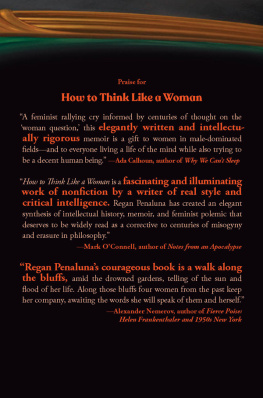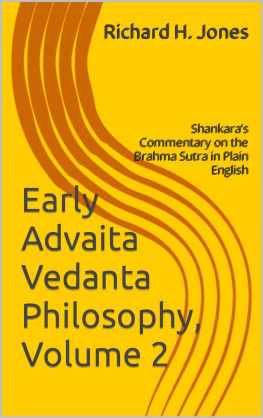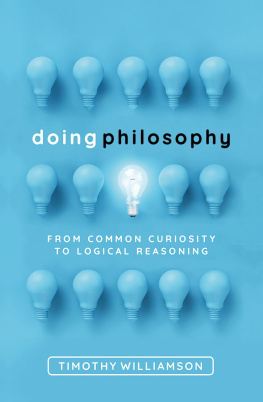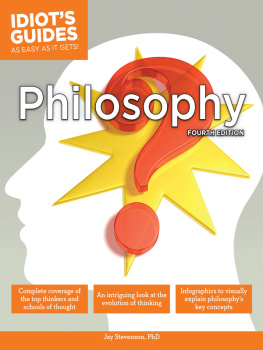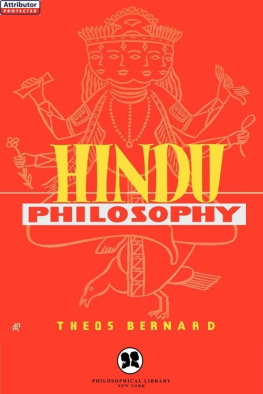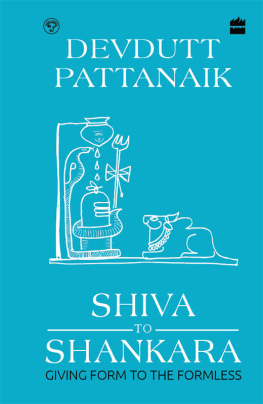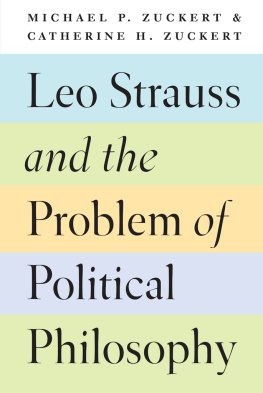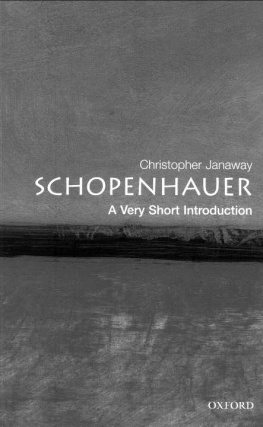Published by Jaico Publishing House
A-2 Jash Chambers, 7-A Sir Phirozshah Mehta Road
Fort, Mumbai - 400 001
www.jaicobooks.com
Y. Keshava Menon
THE MIND OF ADI SHANKARACHARYA
ISBN 81-7224-214-X
First Jaico Impression: 1976
Twelfth Jaico Impression (Enlarged edition): 2011
No part of this book may be reproduced or utilized in any form or by any means, electronic or mechanical including photocopying, recording or by any information storage and retrieval system, without permission in writing from the publishers.
Foreword
This Book originally took shape with the collaboration of Richard F. Allen, whose contribution to the solution of presentational difficulties is beyond the measure of mere words to express.
Then, again, the encouragement given to the author by Dr. B.V. Raman, the eminent and versatile Founder-Editor of The Astrological Magazine and Shri H.G. Mirchandani, an enlightened publisher of books himself, is the source of perseverance of this author, which brought his MSS to bed at JAICOs. It is now for the readers to say whether all these efforts by eminent persons who have other worthwhile activities and this unknown author have been, indeed, necessary or not.
In fine, the book is dedicated to PADMANABHA SUBRAMANIAM, founder and President of The Sringeri Sri Sarada Peedam Sankara Hall in Calcutta, a magnificent institution devoted to the propagation of Vedanta in all its aspects.
Y. Keshava Menon
Introduction
Though he is considered one of the foremost of Indias philosophers, Shankara is also one of the most misunderstood. We have heard fire-eating revolutionaries advance the theory that the essence of Shankaras philosophy is on all fours with the materialistic interpretation of life formulated by Hegel, on which is built the edifice of Marxism. Pandit Jawaharlal Nehru, in the course of his record of the cultural history of the world, testifies to Shankaras merits as an outstanding Shaivite. In his own time, Shankara was hailed as Shanmathasthapanacharya (founder of six faiths). Obviously all of them cannot very well be right.
Much of the misunderstanding of Shankaras position may be due to the absence of a lucid presentation of his life and works in a comprehensive and readable form. This short monograph is an attempt to meet that need for the benefit of those who have no previous acquaintance with philosophy.
Doing this is in the nature of giving a popular image to a classical theme. It has meant taking upon ourselves the daunting task of trying to hold the attention of readers whose minds are neither tilled nor rendered fertile to receive the seeds of the subject. We have thereby presented ourselves with a formidable problem of presentation. In particular there is the problem of terminology.
Traditionally, Indian philosophy has been expressed in what must be the most subtle, extensive and precise terminology for abstract ideas ever invented. The preoccupation of its ancient founding fathers with language itself was almost incredible. Even to warrant being taken notice of, any discourse on philosophy had to be word-perfect. Grammar was given the status of Veda Vedanta, the Veda of the ends of the Vedas. It was not unusual for an aspirant to the study of philosophy to be ground through the discipline and rigorous study of grammar for as much as a decade and a half before the first word in philosophic parlance was whispered in his ears. No contemporary student of philosophy would consider such a process of learning worth his while; he would feel that life is too short to study philology and philosophy at the same time. The leisure that informed the schools of the ancients is conspicuous by its absence in the world of today.
It is cold comfort to the reader to be told that the classical terms employed by Shankara correspond to real entities unless he is provided with equivalents that he can understand. At the same time, the question of terminology cannot be completely avoided in this way. All philosophies have their specialised terminologies and need them to make themselves understandable; indeed it is often true to say that when the student has grasped the meaning of the terms he has grasped the philosophy itself. We have tried to avoid jargon and have sought for English equivalents for the principal Sanskrit concepts, but this objective can never be fully achieved. The dilemma remains. If on the one hand the Sanskrit terms are used freely, the result would be so rebarbative that the non-specialist student might be forgiven for abandoning the whole thing. Saguna Brahman is Nirguna Brahman conceived empirically; the former is vyavaharika while the latter is paramarthika is a near-exact statement, but the ordinary citizen of a secular society cannot be expected to read 200 pages of that sort of language.
On the other hand the nearest English approximations to the Sanskrit termsidealism, illusion, sin, personal God often import into the discourse, in addition to downright inaccuracy, the implications of European philosophy and of Christianity, and thus lead to confusion rather than clarity.
We have compromised by introducing the basic Sanskrit terms essential to the presentation, but have simultaneously tried to outline the superstructure without very extensive terminology.
But even if all the purely presentational problems could be solved, the fundamental difficulty would remainthe Indian presupposition that intellectual knowledge is not, as many Europeans tacitly believe, the only means or the only end. To the Hindu, learning is only a part of lifeat best a gateway to a higher or better way of life based on an intuitive perception of truth which cannot be caught in words, however eloquent. It cannot be caught in words because truth must, axiomatically, be perfect, but words are not perfect, because the phenomenon of life itself is not perfect. Any efforts at lucidity are, therefore, in some degree foredoomed to failure, regardless of the writers; skill. At best, the result may seem a strange mixture of the painfully obvious and the impossibly difficult. It is only a partial answer to say that life itself is like that; but if the book appeals to those who regard philosophy as something more than a subject or interest or hobby, its method may not have been a complete failure.
What distinguishes the Indian philosopher from the large community of Western philosophers is that the purely analytical, intellectual or logical approach is insufficient to the Indian. He holds firmly to the view that a philosophy properly so-called, as Marcus Aurelius would have used the term, is a means to leading a better life or it is nothing. And better to an Indian has an axiomatic meaning which is common to practically all variants of his philosophy. For instance, his search for the ultimate truth is not jumping across a ditch from the bank of falsehood to the bank of truth; it is a laborious climb on the ladder bearing rungs of various levels of relative truth. Nothing is, indeed, absolutely or finally false. The psychological technique employed in this search for the ultimate reality is a species of meditation which has an interesting resemblance to the technique of Western psychoanalysis. Good actions and even a personal God are often valued only as an adjunct to this technique, as pegs, so to say, on which to hang the modes of the mind.


